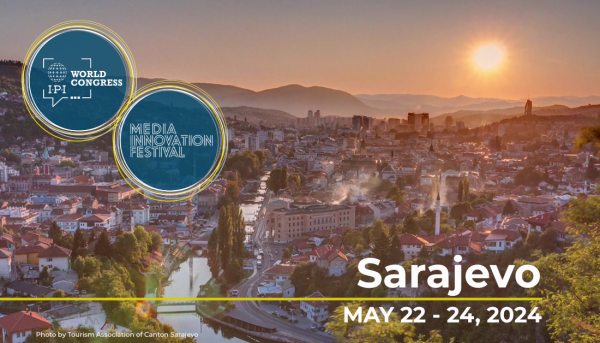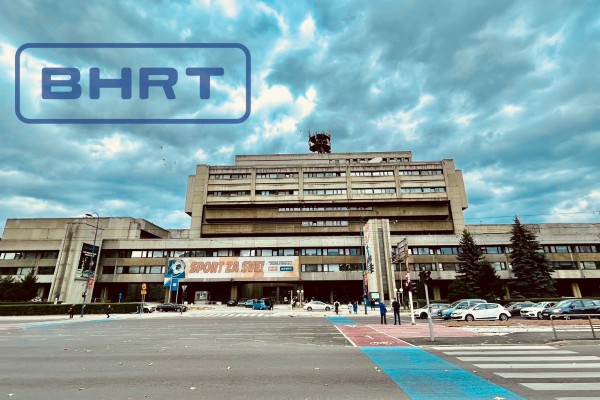The International Press Institute (IPI) and its affiliate, the South East Europe Media Organisation (SEEMO), condemned the Turkish government’s violent response to the ongoing protests throughout the country, in which at least five journalists have been injured, and urged authorities to allow local media to cover the events without restrictions.
Two people have reportedly been killed and more than 100 injured, including five journalists, in police raids on protests across Turkey, according to local and international reports.
“It is a responsibility of the Turkish government to allow free and independent coverage of the ongoing protests, including by doing everything in their power to guarantee the safety of journalists and media workers covering them,” IPI Deputy Director Anthony Mills said.
The protests, which began on May 26, were initially intended to prevent the construction of a shopping mall at Gezi Park in Taksim Square, Istanbul, one of the city’s few remaining green spaces. Demonstrations have since developed into general anti-government protests that have spread to other cities, while police have responded with teargas, water cannons, beatings, and more than 1,700 arrests, the BBC reported Sunday.
Turkish Prime Minister Recep Tayyip Erdogan blamed political opposition for the situation, accusing anti-government protestors of “walking arm-in-arm with terrorists.”
Turkish journalist and Vice President of IPI’s Turkish National Committee, Emre Kizilkaya told IPI that five journalists were hit by either gas canisters or rubber bullets, but that all had recovered from their injuries. “There are no reasons to believe that police targeted them specifically because they were journalists,” Kizilkaya added.
Ahmet Şık, a journalist for Posta and BirGün, was hospitalized Friday after a police tear gas canister reportedly hit him in the head and drew blood. An Associated Press photographer captured the incident, which has been widely circulated around the Internet.
Osman Orsa (a Reuters photographer), Selcuk Samiloglu (Hurriyet photographer), Mesut Ciftci (ATV correspondent) and Ismail Velioglu (ATV cameraman) were also injured while covering the protests, but are all said to have recovered.
The Guardian also reported that a relative lack of local television coverage of the protests by some of the major local media outlets fuelled speculation that the government was leaning on mainstream media to prevent the broadcast of any “ugly scenes.”
According to Reuters, domestic coverage remains sparse and thousands of demonstrators gathered outside of the Turkish television news station NTV on Friday to protest their lack of coverage. .
“Primarily, protestors are outraged that Turkish news channels, especially NTV and CNN Turk, didn’t air anything when there were mass demonstrations in scores of cities and neighbourhoods,” Kizilkaya told IPI. He also said that international media outlets, such as CNN International, Al Jazeera and BBC, were all broadcasting live from Taksim Square. NTV has not commented on their initial reluctance to offer coverage.
“After hundreds of protestors gathered in front of NTV today, they aired the first broadcast,” Kizilkaya added. He also said that the exact reasons for the news blackout were unknown, but that it could be “censorship (Erdogan ordered the owners of these companies to not air anything),” or “self-censorship (in fear of Erdogan) that made this happen.”
Another concern is the well-being of journalists who not only face the prospect of police violence, but also threats from protestors. The IPI Turkish National Committee reported that some TV vans were burned in reaction to the coverage, widely perceived as playing down both the protests and police violence.
A BBC article indicated that more than 10,000 people throughout Turkey have participated in protests in one of the country’s biggest challenges to the 10-year rule of Prime Minister Erdogan. Following several days of dawn police raids on the protesters, the clashes escalated violently Saturday, leaving more than 100 people injured.
In response to the protests, on Friday an Istanbul court ordered the temporary suspension of the construction project to in Gezi Park.


